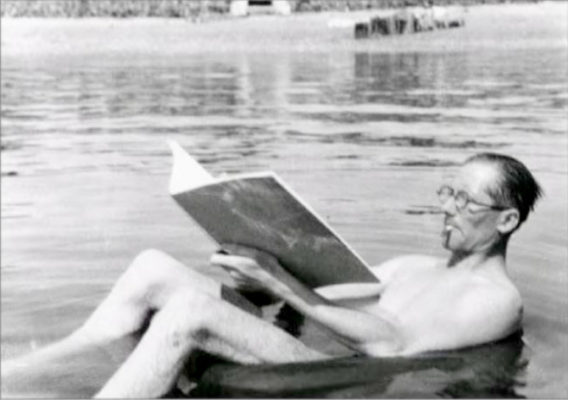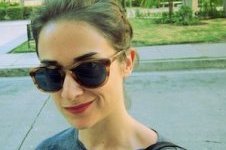Search
To search for an exact match, type the word or phrase you want in quotation marks.
A*DESK has been offering since 2002 contents about criticism and contemporary art. A*DESK has become consolidated thanks to all those who have believed in the project, all those who have followed us, debating, participating and collaborating. Many people have collaborated with A*DESK, and continue to do so. Their efforts, knowledge and belief in the project are what make it grow internationally. At A*DESK we have also generated work for over one hundred professionals in culture, from small collaborations with reviews and classes, to more prolonged and intense collaborations.
At A*DESK we believe in the need for free and universal access to culture and knowledge. We want to carry on being independent, remaining open to more ideas and opinions. If you believe in A*DESK, we need your backing to be able to continue. You can now participate in the project by supporting it. You can choose how much you want to contribute to the project.
You can decide how much you want to bring to the project.

We’ve hit January, when people think and ask about plans for the future. In the latest edition of the “Manifesta Journal”, Bojana Kunst published The Project Horizon: On the Temporality of Making. In the article, Kunst tackles the abuse that is made of the word project, that is linked, from the very beginning, to the anxiety provoked by the excessive employment of this term. This discomfort stems, according to her, from the negotiation that we have to make between the projects realised and those that aren´t, so that both fit within our image of ourselves; a process that what is more we have to combine with the permanent envisioning of new imaginaries for the future.
But we are living in volatile times. The stability of the factors that define our present scenario isn’t very reliable. In the face of capitalist promise of forging the future out of work, we run up against the crisis in meaning of the very term future. It is a high-risk receptacle for the images generated in the here and now. However, according to Kunst, we continue to unite work and the future in our compulsive use of the word project.
Whoever proposes a project makes a promise to the system and commits their body to living with this debt. The author says that in using this terminology, the body –the life– of the artist is also mortgaged. Given that it is often complicated to distinguish between the projects and the life of the one formulating them, it is therefore difficult to imagine a perspective that leaves any room for pleasure. The problem, according to Kunst, is that the anxiety to fulfil the promise that hovers above name of any young artist substitutes the pleasure that formerly would have been present in the carrying out of a task.
If we limit our pleasure to projecting, we will feel distanced from the norm that we inherited: an experience of time that is specific to the already obsolete classic modernity. Here I want to remember the call that Boris Groys made in 2009 in E-Flux. for a contemplative life, as a posture with which to understand the present. Compared to the imposition of an active life, with which the ideologies of modernity instilled in the worker an anxiety for a future utopian emancipation, to contemplate the present is key in order not to succumb to the debt that we don´t even know if we will ever be able to return. As the German indicated, it is precisely by inhabiting the flux, not having a stable scenario, what makes it possible for us to exercise this radical contemplation.
Bojana Kunst talks of young performers; Boris Groys talked about video based on repetition. She proposes that artistic productions reconsider the proportion of attention that is dedicated to the here and now and to tomorrow. Lets all do it, to escape the madness.

Paloma Checa-Gismero is Assistant Professor at San Diego State University and Candidate to Ph.D. in Art History, Criticism and Theory at the University of California San Diego. A historian of universal and Latin American contemporary art, she studies the encounters between local aesthetics and global standards. Recent academic publications include ‘Realism in the Work of Maria Thereza Alves’, Afterall, autumn/winter 2017, and ‘Global Contemporary Art Tourism: Engaging with Cuban Authenticity Through the Bienal de La Habana’, in Tourism Planning & Development, vol. 15, 3, 2017. Since 2014 Paloma is a member of the editorial collective of FIELD journal.
"A desk is a dangerous place from which to watch the world" (John Le Carré)